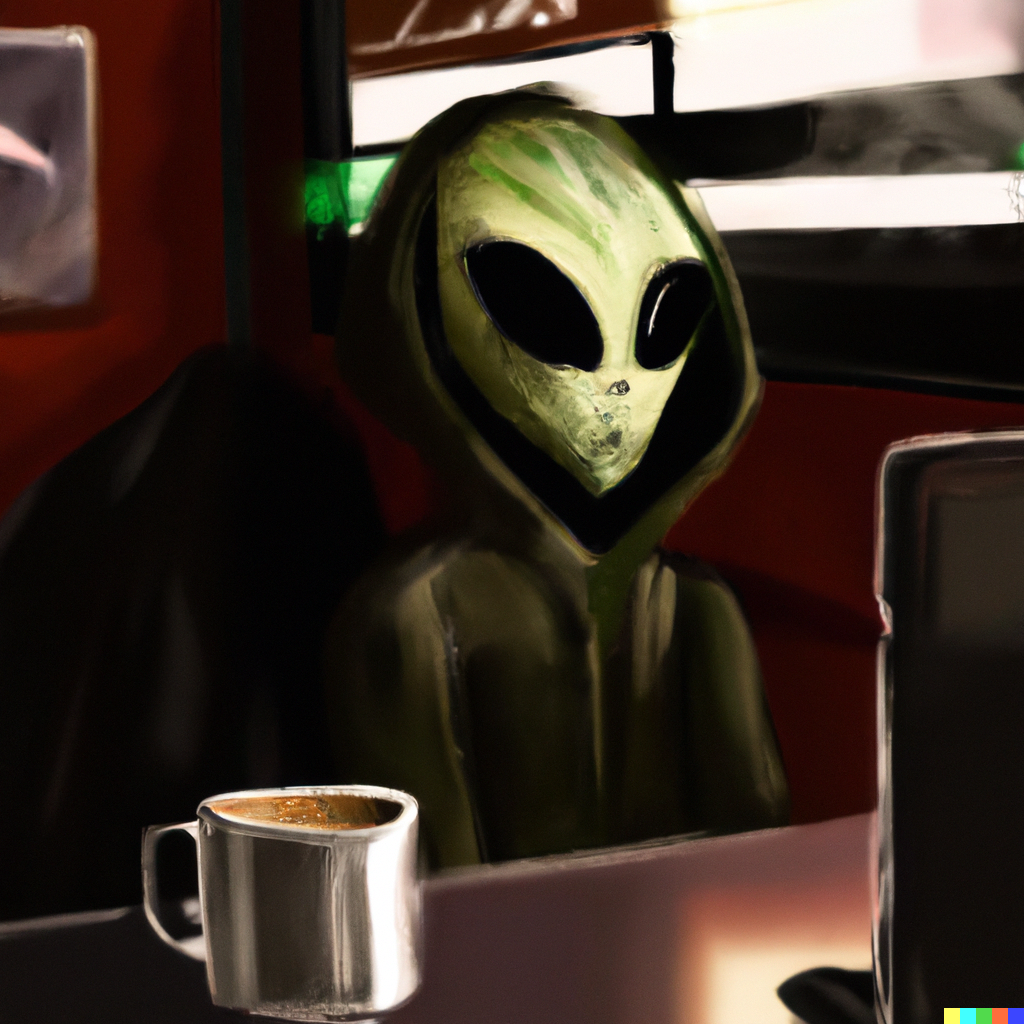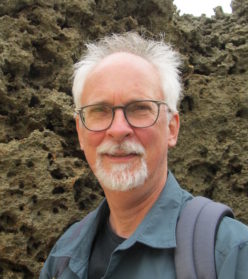Millennia of diaspora from Old Home Terra would almost certainly produce any number of subvariants of humanity including genetically engineered transhumans and cyborgs. Consider not “the” future of humanity but “the futures” of humanity. Save for a common heritage distant in time, they might be alien species. What might that be like?
Crappy Science Fiction
Good science fiction shows us strange new worlds and futures we haven’t considered. It introduces us to new technologies like tablets and genetic manipulation, as well as new societies like The Handmaid’s Tale and Stranger in a Strange Land. It helps us consider worlds outside of our experience.

Bad science fiction shows us a future where nothing changes and everyone looks like us. Aliens speak perfect English. We have the same society and motivations 200 years from now as we do today. In the future, we start wars for the same stupid reasons as today. Bad science fiction doesn’t challenge us to see what we might become – for better, or for worse.
If we’re going to consider the world outside our experience, we have to consider who we think we are.
What You Are and What You Aren’t
Let’s start with a macro look at how we define “me?” Where do we start and end? We think our skin is our outer boundary, but our bodies emit chemicals that preceed and follow us. Many chemicals are sensed with our nose, but we also leave undetectable DNA all over the place. We shed skin in a cloud. We exhale gasses saturated with bacteria nurtured in our mouth and gut. We see each via a narrow spectrum of reflected light, but emit heat and infrared.
What’s the true “me?”
Tech complicates the question. If I’m expected to communicate with anyone at anytime, the device I use becomes part of the definition of me. It’s not uncommon to ask “are you apple or Android?” The world’s perception of me changes with my cell phone coverage, my ability to gain access to wifi, and the social media I keep company with. If I cancel my Twitter account I lose part of who I am.
What’s the true “me?”
The culture we inherit and the culture we choose shapes us. I was born in Minnesota in the United States. That much provides context to who I am. But I’ve also made choices; my major in college, my friends, my spouse, my activities. Culture is both choice and coincidence.
Finally, consider the actual physical “you;” height, weight, mental acuity, or physical stength. Not to mention amorphous traits such as race. sex, or gender.
Egocentric
Keep the above in mind as we consider the future of “us.” To forecast who we will become, you might start with the “us” we know and extend to the future. But which “us” will you start with? I’ve (hopefully) established the definition of “us” is subjective. So if you don’t know where you are, how do you know where to go?
Maybe it’s more relevant to forecast the future, then find our place in it. Which quickly places us in the trap of giving excess importance to the near future and underestimating the far future.
For example, Kodak never thought they would compete with cell phones. Buggy whip manufacturers ignored automobiles. In both cases, extrapolating from the near term blinded us to the long term.
The Future, Possibly?
So let’s take a flying guess at the future, then predict our place in it. I believe the following will be true in 200 years…
- Language will be universal. French, English, and Octopus will be irrelevant.
- Spaceflight will be common. Manned spaceflight will be uncommon
- Virtual reality will merge with real reality
- Income inequality will still affect human dignity
- Sex will be an undesirable method for procreation
Which Leads Us To…
I’ll guess at the following…
- One continuum of existence will be actual physical presence to invented virtual presence. Just like I choose to focus on mastodon versus Facebook, I’ll choose to exist in the organic realm or virtual realm. I will be able to participate in both, but may decide to emphasize one over the other. If I am hampered in the physical world, I may park my body in a nursing facility and participate mainly in the virtual arena.
- My physical presence can be simulated to the extent necessary. If I am a marine biologist, I can inhabit a physical construct tailored to that environment. If I am an astrobiologist, I can inhabit a construct for that world.
- Religion will have to accommodate individuals with limited or no physical presence. What is the meaning of Catholic Mass to someone who cannot drink wine or eat bread? How will Muslims bow to the West when inhabiting a construct on Mars?
- I have no idea what rich or poor will look like.
An Amusing Exercise, And…
Forecasting the future is fun, but we are not equipped to be accurate. Even so, it helps us examine faulty assumptions we are mistakenly using in our present lives.
Put yourself 200 years in the future, then look back. What things do you believe now that will seem trivial or quaint?

